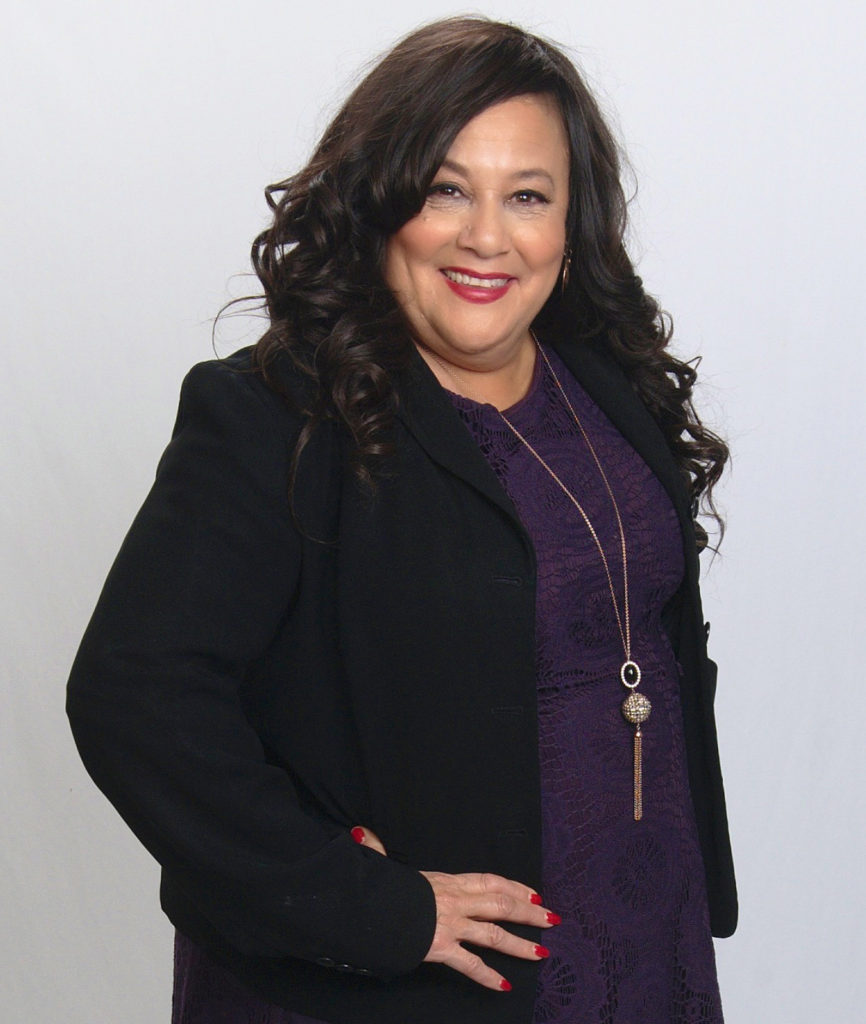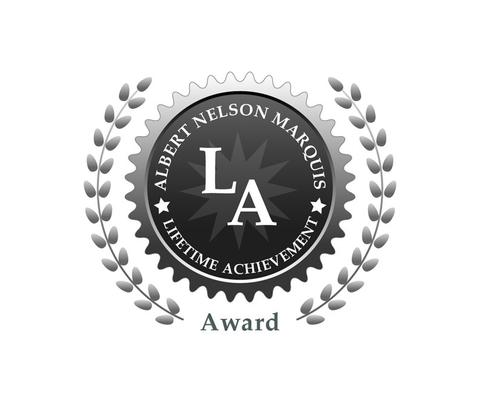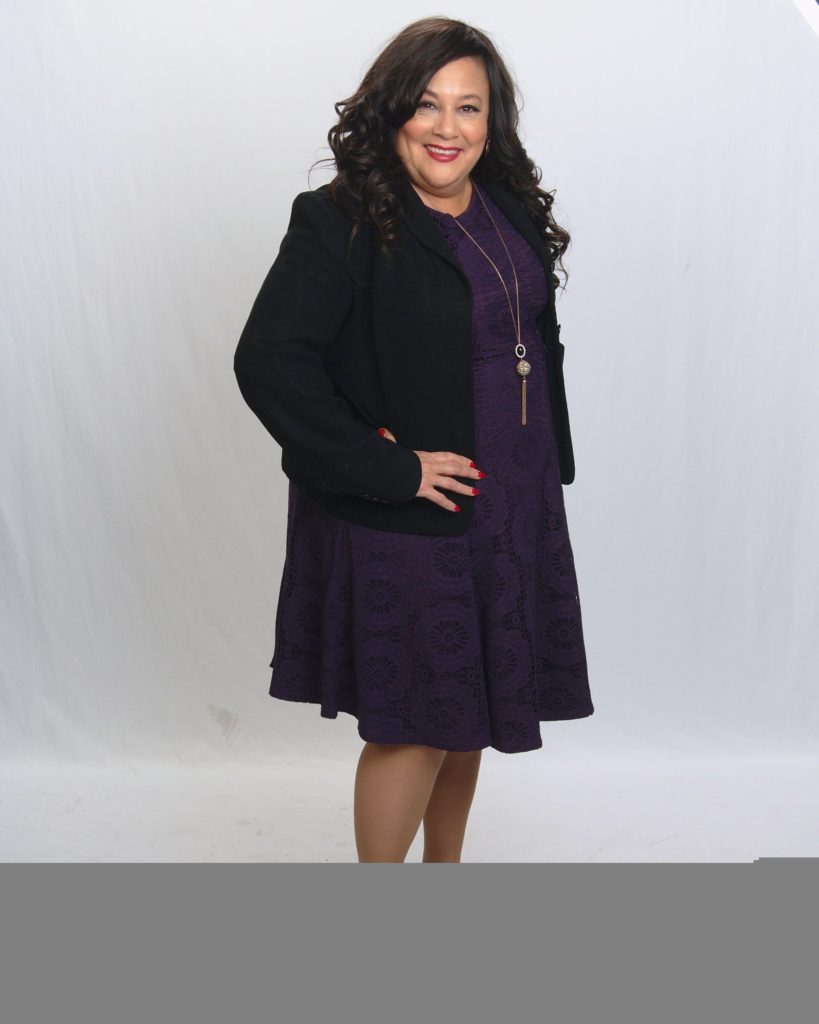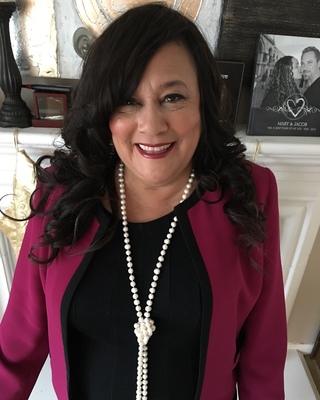When I was a little girl, I loved the story of the Wizard of Oz. I followed Dorothy’s journey as she followed a heart determined to find a way back home. Once she found the wizard, she soon discovered the magic to get back home was not what she thought it would be—the wizard did not have the power to grant her request. She discovered that God had already placed the answer to her problems within her.
All of her traveling companions, the lion, the scarecrow and the tin man, in the process of their search developed the character qualities that they thought would come from an external source. During the journey of looking for courage, a heart, and some brains, they soon discovered that the journey provided the opportunity to strengthen the God given qualities that were already within them, but needed to be tested and brought out through adversity. Real life is a lot like the Wizard of Oz story. It is a journey that can be filled with excitement and joy of a long-awaited desire. It can also contain long seasons of adversity that are sometimes met with the unknown. These seasons can represent uncertainty, change, difficult transitions, unmet expectations and disappointment. In life’s journey, however, God often uses things like change and transition to develop character, renew purpose, and grow closer to him as well as assist others along their journey.
Change, transition, and moving forward are all words that describe the seasons of life. On one hand, these words can trigger fear of the unknown, anxiety and worry about the future. On the other hand, these words can stand for excitement, new beginnings, and positive change. Transitions take some time getting used to. It is the process of gradually learning how to adapt to and accept change while learning the life skills necessary to make life work effectively. An illustration of a transitional season is the idea of going from being single to being married. When I was a single person many years ago, my mindset and focus was that of a single person. I was only concerned about being responsible for and developing myself. When I decided to get married, it took me time to realize that the choices I made affected my spouse. And there were consequences for these choices. Conflict erupted because of having a single mindset. An example was when I wanted to decorate our home, he wanted to have input into the decision-making process. I had the mindset of always doing things my way. I had to stop thinking about what I wanted and had to start including my spouse in the decision-making process. When I wanted to spend “my” money any way I desired, I began to see that my narrow thinking affected our financial goals on building something together that we both could benefit from. Scripture tells us that a house divided against itself cannot stand. I had to start considering our goals instead of just my goals. This involved thinking differently as well as learning some new tools of conflict management and communicating more effectively.
Another transition was when we started having a family; I remember still having the mindset of a married person without children. I remember telling a colleague about my dreams and goals and where I wanted to land before I turned 30. I was an intensely driven, type “A” personality making it happen in my career. I was working on a master’s degree and working full time with a husband and was pregnant with our first child. Soon the question came “So, what are your plans when your child arrives? Do you plan on continuing to work and go to school”? I really did not have an answer to my friends question and at the time just flipped her off by answering in some ambiguous, non-accountable way such as “Oh, yes, I have considered that”. However, God used that question to stop me dead in my tracks. God was trying to open my blind eyes to see that the transition that I was making was an important one and needed the same type of energy and planning that I put into my other life choices. He was trying to teach to me to enjoy the journey and make the most out of the season that I was in instead of trying to hurry out of it. He was trying to assist me to understand the importance of the parenting role and the stewardship that he had blessed us with as parents. If I am always living for the next season, then I cannot enjoy the present season that I am in and the lessons that might come from that season.
In making transitions, sometimes our past can get in the way of helping us to see clearly. Meet Bob and Sue. Bob and Sue came into my office for premarital counseling. He made his feelings known about his commitment to marry Sue. “I really want to marry Sue, I love her”. “Well”, she responded, “what are you going to do about your mother “? “You always put your mom first, ahead of me”, she stated. “No, I don’t,” he added. “I’ve just been used to listening to her advice because she has a lot of wisdom”, he responded. “Well, Sue retorted, you are already asking her for an opinion before you ask me, and I am supposed to be your partner”.
Making this transition will be difficult for Bob because dad died when he was young, and he is used to helping mom with the daily struggles of life. In order for him to make the transition to the mindset of leaving and cleaving, he has to see the pattern that has been established in his life. Once he sees it, then he can do something about it. If he stays in denial about the pattern, he will continue to have the conflict. Adopting the biblical principle of leaving and cleaving is necessary if he is to form a healthy foundation for his marriage relationship.
Some seasons are difficult, and all require cultivating or learning faith-based truth principles to meet the demands of the new season that you are in. For example, becoming a parent for the very first time doesn’t come with an automatic manual. There are biblically based principles on parenting, stewardship, and family priorities in God’s word that can give you new tools. Retraining for a different career, learning to balance both career and family, sending your only child away to college and becoming an empty nester, getting through menopause and embracing the second part of your life all require an ability to adapt and change and flow into the new season with flexibility, a teachable heart, and acceptance.
What about those transitions that may be unexpected, such as a divorce or death of a spouse. How does one cope with the crises of divorce or loss and recover effectively? Here are a few principles that can help you through these difficult transitions.
- Cultivate a positive faith-based perspective about change and transitions- I am a ten year cancer survivor and was diagnosed with breast cancer twice, once in l994 and then again in 1997. I have been cancer free for over ten years. I was in my clinical practice at the time enjoying working with my patients and helping them with their difficult issues when I was diagnosed. It was a difficult place to be emotionally. The one thing that helped me through it was not only a loving family to speak faith into my life but my own personal relationship with a powerful God who I believe loved me and had a purposeful plan for my life. I looked to His word to give me guidance and direction during this difficult time. During the time of my own crises, I clung to God as never before, and felt His presence in helping me to get through this illness. Looking to His word gave me both comfort and direction and assurance that He was watching out over my life (Psalm 121) during these crises.
- Establish a healthy Support System- During times of change and transition, it is important to find safe people that will support you through the transition. In my clinical practice of over eighteen years, I’ve seen that people who recover from crises successfully seem to have healthy and loving people around them who provide encouragement and support. If you don’t have a healthy support system, then you can develop one by finding a healthy church that teaches both biblically based and life application principles for effective living. Also, most churches offer small groups that can offer a loving, safe, and growth filled environment.
- Face your pain- Some transitions require doing the work of grieving. In my work with people who have gone through loss, such as death or divorce of a spouse, it is important to allow time for grieving. When such loss occurs, various emotions can take over, which involve the various stages of grief. These can include denial, anger, bargaining, depression, and then finally acceptance. Working through loss is not easy, even when it is by choice such as a divorce. If a person moves on too quickly, instead of facing or working through their loss, they can make decisions that can cause them a lot of pain in the future.
- Seek medical treatment or professional counseling- Some transitions require professional counseling, and some require medical treatment. For example, if a person is undergoing physical changes due to menopause, it may be helpful to seek a physician’s advice. For someone struggling with clinical depression because of a major loss, it may be necessary to seek professional counseling. The bible says that there is wisdom in many counselors, so there is no stigma attached to seeing someone who can give Godly counsel. A good therapist or psychologist can facilitate insight into the loss and also help the person understand the process of grieving and the emotions associated with it.
Perhaps the biggest tool that is available in helping you through difficult transitions is to know that you are loved and valued by a personal, powerful and loving God who has a great plan for your life. Even when you are discouraged because of unexpected disappointment in the transition, you have to take hold of the promise that God is still shaping your life and has not forgotten you. He is still in control no matter what difficulty you are working through or what lies in front of you. And he is still speaking and employing His redemptive grace in your life.
Naomi, the woman described in the book of Ruth knew about God’s redemptive grace. She had experienced multiple losses on several levels. Picture this, you’re in a foreign land, and your immediate family, your husband and your sons die. Imagine how you might feel, lonely, depressed, devastated, angry and unloved. Your finances are gone! Bankrupt! On top of all of this, there is a famine in the land, which is severe. It sure does not feel like she has anything to hold onto. She finally remembers, however, that the LORD had come to the aid of her people in Jerusalem, and she decides to head towards a safe place which represents truth, light and life. As she and her daughter in law Ruth move towards the new place, Bethlehem, God begins to guide and direct their paths in ways that bring much fruit and blessing to their lives.
Naomi’s transition back to Bethlehem is difficult. She starts off in despair. As she greets her former friends upon her return to Bethlehem she says “Don’t call me Naomi, she told them. “Call me Mara, because the Almighty has made my life very bitter. I went away full, but the Lord has brought me back empty. Why call me Naomi? The Lord has afflicted me; the almightily has brought misfortune upon me”. (Ruth 1: 20-21). I can relate to Naomi’s pain. Sometimes it is difficult to see a bright future when the circumstances look bleak. Naomi is a good model for us because even though she had a hopeless perspective, she moved towards God and not away from Him by heading to Bethlehem.
Naomi is so discouraged during this transition that she tells both of her daughter in laws (the only support system she has left is in Moab) not to even bother taking the trip to Jerusalem with her. She tells them that there is nothing in it for them. “Return home, my daughters, why would you come with me? Am I going to have any more sons, who could become your husband’s? Return home, my daughters; I am too old to have another husband. Even if I thought there was still hope for me—even if I had a husband tonight and then gave birth to sons– would you wait until they grew up? Would you remain unmarried for them? No, my daughters. It is bitterer for me than for you, because the Lord’s hand has gone out against me!” (Ruth 1: 11-13) Orpah leaves, but Ruth clings to her bitter mother in law.
Upon their arrival in Bethlehem, Ruth gets a job as a gleaner working in the fields to support them. As it turns out, she happens to be working in a field where a man named Boaz is the owner. Boaz just happens to be a wealthy relative on Naomi’s side of the family. Naomi’s understanding was first darkened due to her losses and she did not see any hope for her future, as she moves through the transition with a good support system, her friends and her daughter in law, she starts remembering that Boaz is a close relative and could redeem their difficult situation.
Boaz falls in love with Ruth, they get married, and they have a son named Obed. She starts seeing God’s hand in orchestrating the restoration of their lives. Whereas Naomi thought her legacy was over, here then comes the Lord rewriting history. Obed is from the generational line that leads to Jesus Christ.
Both Ruth and Naomi’s lives are restored! The legacy is alive and well, and where there was death and destruction, now there is life, peace and joy. Boaz was called a “kinsmen redeemer”, that is, he was a wealthy relative who was available to marry the dead man’s widow and provide for her. Jesus is the ultimate kinsmen redeemer. He brings life to dark places; he restores broken things and gives us strength to get through difficult seasons and the grace to move towards the great plan and destiny that he has for our lives.













